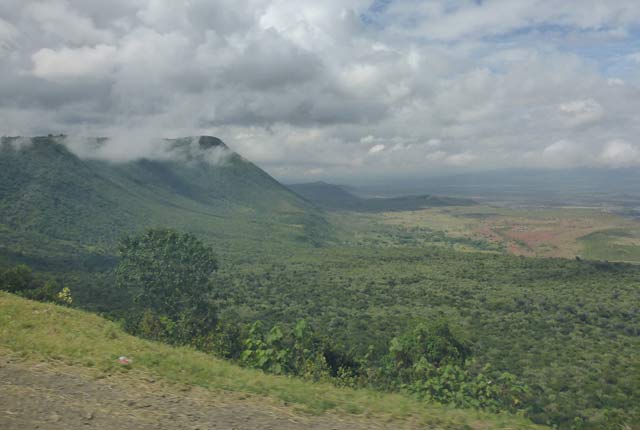Key advances in environmental geoscience lie at the nexus of geochemistry (soil; water; sediment), health (nutrition; toxicology; epidemiology) and agriculture (crops; livestock; fisheries).
The BGS and our research partners are undertaking an integrated approach to risk assessment and public policy, including:
- capturing and integrating soil geochemical processes across multiple scales
- developing a predictive model of soil-to-plant micronutrient and environmental pathways of contaminant exposure in Kenya, in order to assess health consequences in humans (e.g. oesophageal cancer incidence; iodine deficiency) and wider environment (e.g. fisheries-aquaculture).
- health implications for mine tailing contamination of neighbouring village and food production (Zambia Copperbelt)
- supporting policies in agriculture (e.g. agri-strategies) and public health surveillance (e.g. geochemical maps to relate to biomonitoring data)
- potential for aquaculture to deliver food security — implications for run-off and rapid growth of aquaculture on the ‘health’ of Lake Victoria and surrounding catchments
Our ongoing research
You may also be interested in

Integrated resource management in Eastern Africa
Our current activities build on the BGS’s extensive research experience in this region, contributing to welfare and future economic growth by the responsible use of natural resources.

